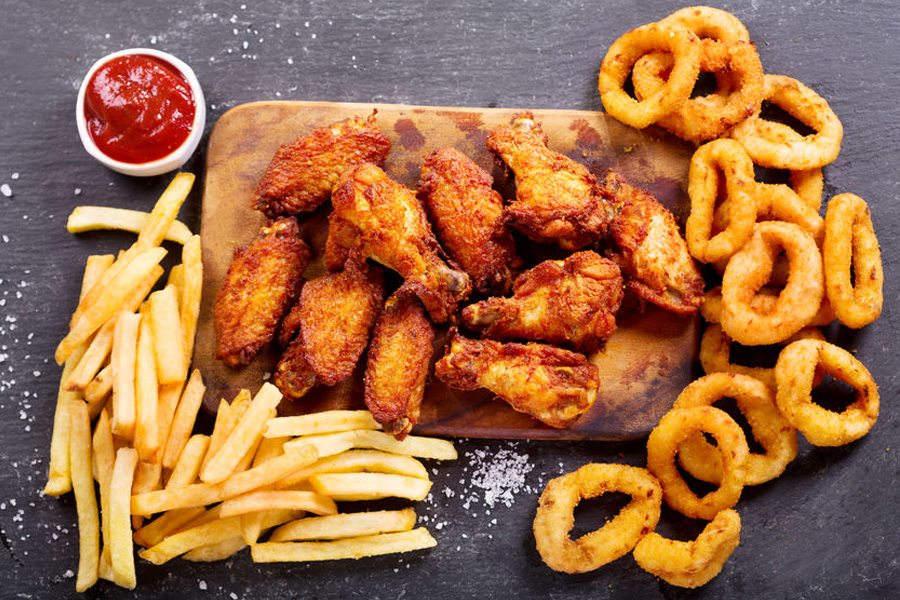If you’re worried about diabetes, you may want to start by cutting out ultra-processed foods. New research has found that in addition to sugary drinks, foods with more additives and preservatives may raise the risk. This includes packaged snacks and ready-made meals.
Studying diabetes
A team of researchers from the Epidemiology and Statistics Research Center—University of Paris set out to determine if—and how—ultra-processed foods were linked to type 2 diabetes.
The scientists looked at the dietary habits of more than 100,000 men and women from 2009 to 2019. They asked about their consumption of nearly 3,500 foods, which they classified by their degree of processing. They put the foods into four groups:
- unprocessed/minimally processed
- culinary ingredients
- processed foods
- ultra-processed foods
The team made sure to adjust for other risk factors for type 2 diabetes. These included lifestyle, medical history and sociodemographic background.
They found a “consistent association” between the absolute amount of ultra-processed foods a person ate and their risk for type 2 diabetes.
“Even though these results need to be confirmed in other populations and settings,” the authors wrote, “they provide evidence to support efforts by public health authorities to recommend limiting [ultra-processed food] consumption.”
Why the link?
This study looked at the cumulative effect of eating ultra-processed foods, not one particular food. They authors believe that additives, such as carrageenan, which thickens food and acts as a stabilizing agent, might impair glucose tolerance, increase insulin resistance and inhibit insulin signaling.
In addition, the chemicals found in plastic packaging, such as bisphenol A and phthalates, might contaminate some ultra-processed foods. These chemicals appear to disrupt endocrine function and other studies have found that your risk of type 2 diabetes increases with high concentrations of these compounds.
It’s also possible that the metabolites that form when you cook at high temperatures lead to insulin resistance.


